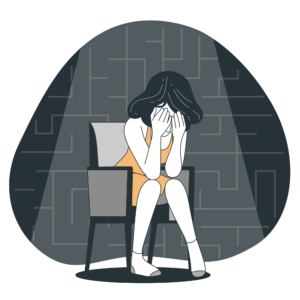


Treatment – How to get help?
It is quite common to deny the problem, and to take the addiction to alcohol as something minor. Therefore, it is essential to listen to family, friends or coworker who can help the affected person to realize the problem and to seek for professional help as a person who experiences a tough fight against alcohol abuse will most likely also experience mental and physical health problems, and these will most likely become chronic in the short term, causing suffering to their loved ones.
If you, or your loved one experience the above symptoms, don’t hesitate to contact us. We can guide you to the right support and services.









